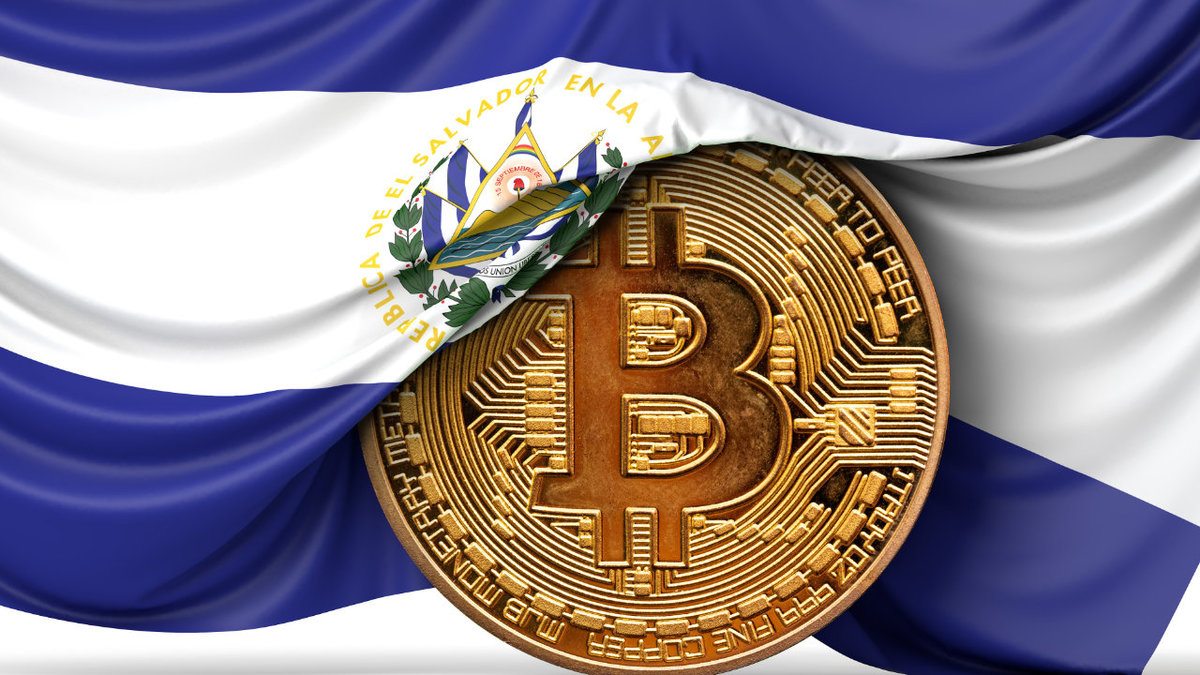A major step toward widespread acceptance and integration of cryptocurrencies into financial systems has been reached, as Poland has officially more Bitcoin ATMs than El Salvador. This represents a dramatic change within the worldwide cryptocurrency scene. Poland has become a major Bitcoin transaction center as of January 2025. This is due to a mix of factors, including favorable regulations, growing public interest, and an advanced digital infrastructure. The causes of this change, its effects on the two nations, and the Bitcoin ecosystem as a whole will be discussed in this article.
Rise of Bitcoin ATMs
The use of Bitcoin ATMs has made it easy for anyone with a debit card or cash to purchase and trade Bitcoin and other cryptocurrencies. The general public’s willingness to embrace cryptocurrencies has been greatly influenced by their accessibility. Initially making waves in 2021, El Salvador was the first Central American nation to recognize Bitcoin as legal money. This move prompted a proliferation of Bitcoin ATMs as the government aimed to make the cryptocurrency more accessible.

In a country where many people lack access to conventional banking services, the nation’s choice served as a symbolic endorsement of Bitcoin as a means to promote financial inclusion. However, the bitcoin landscape is evolving, with other countries stepping up to meet the challenges of the emerging digital economy. The rise of Poland is indicative of a broader trend in which European countries are coming to terms with and even embracing the advantages of cryptocurrency.
Factors Behind Poland’s Surge
Poles have been installing more Bitcoin ATMs recently, and the country’s comparatively favorable legislative climate is a big reason why. As the Bitcoin business continues to grow, the Polish government has demonstrated a readiness to adjust its legislation to accommodate it. Authorities have made it easier for firms to invest in Bitcoin infrastructure by establishing more.
Transparent rules for the operation of Bitcoin ATMs.Now that the regulations are clear, more people are using Bitcoin and other cryptocurrencies at bitcoin ATMs, providing users with a sense of confidence. However, El Salvador’s Bitcoin plan has encountered several obstacles, such as doubts from banks and worries about the effect on the country’s economy.
Growing Popularity of Cryptocurrencies
Bitcoin ATMs have been widely distributed in Poland, thanks in large part to the country’s rapidly growing cryptocurrency ecosystem. Many Poles are looking to cryptocurrency as a way to invest, conduct peer-to-peer transactions, and protect themselves from inflation. More and more people are looking for easy ways to buy and sell.
Bitcoin as the public’s interest in digital currencies grows. In addition, Poland has a thriving tech scene full of young, tech-savvy people who are ready to try out new financial products. The widespread use of cryptocurrencies has played a significant role in the proliferation of Bitcoin ATMs across.
Strong Infrastructure and Innovation
The fast installation of Bitcoin ATMs in Poland is due to the country’s excellent network of telephones and computer systems. Bitcoin ATMs can’t work without the country’s abundant internet infrastructure and burgeoning tech startup scene. These machines are already very efficient, and the availability of trustworthy payment processing solutions just makes them better.
The fact that Polish businesses have been so proactive in installing ATMs has also spurred new features and improvements to the machines themselves. To attract a wider variety of customers and improve their experience overall, several Bitcoin ATMs in Poland now support buying and selling numerous cryptocurrencies.
Implications for El Salvador
Poland’s recent successes may eclipse El Salvador’s status as an early adopter of Bitcoin. Bitcoin ATMs The country’s struggles to sustain bitcoin adoption momentum may have far-reaching consequences, despite its initial global notice. After seeing how well Bitcoin and cryptocurrency integration worked.
In Poland, El Salvador could want to reconsider its approach. For Bitcoin to be widely accepted as a legal tender, the government must allay public fears and increase trust in the cryptocurrency. To reawaken interest, it may be necessary to educate the public about the pros and cons of cryptocurrencies and to engage with local businesses.
Broader Impact on the Cryptocurrency Ecosystem
If El Salvador wants to keep up with the competition, Bitcoin ATMs will need to innovate more, especially in light of Poland’s recent rise to prominence as a Bitcoin ATM leader. El Salvador may find it difficult to attract foreign investment if it is unable to establish a strong and efficient cryptocurrency ecosystem.

Especially if surrounding nations are considering their legal frameworks. The increasing number of Bitcoin ATMs in Poland is indicative of a larger trend in the Bitcoin ecosystem worldwide. As more and more nations integrate cryptocurrencies into their economies, the competition for dominance intensifies.
European Leadership in Cryptocurrency
If Poland can successfully implement cryptocurrency, it might take the lead in Europe. Bitcoin ATMs The public participation and regulatory framework in Poland might serve as an example for other European countries. Widespread use of digital currencies may ensue on the continent as a result of this.
Innovation rises in tandem with the level of competition. Improved services, better technology, and a more thorough understanding of cryptocurrencies as legitimate financial instruments may be available to customers as different governments work to improve their cryptocurrency offerings.
Read more: Bitcoin Dips Below $100K A Wake-Up Call for Investors
Conclusion
Poland’s number of Bitcoin ATMs surpassed El Salvador’s, marking a significant milestone in the Bitcoin story. Governments around the world must have regulatory frameworks, public interest, and technical infrastructures that help them adapt to the digital banking revolution. This landmark not only gives Poland a taste of success in the cryptocurrency arena but also provides them a chance to shape the way the sector evolves in the future. El Salvador, however, must rethink its approach to Bitcoin if it wants to keep its place in the international dialogue surrounding digital currency.






